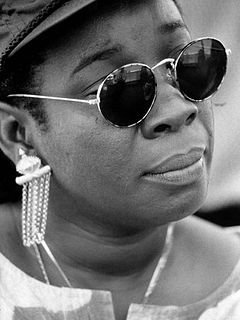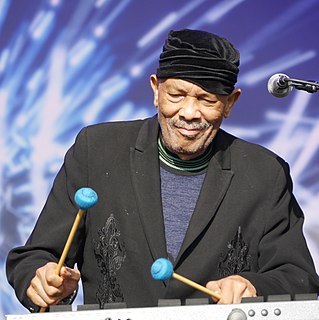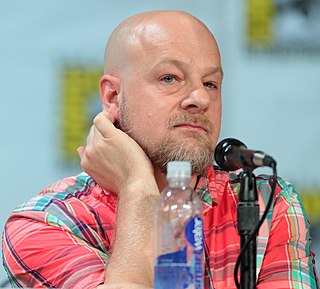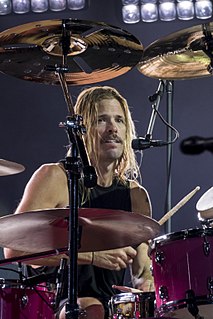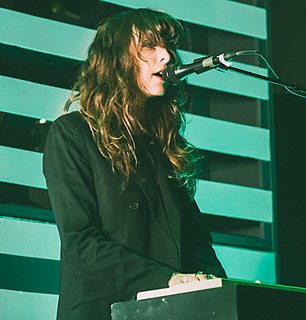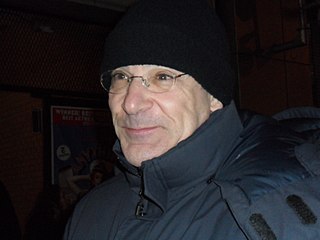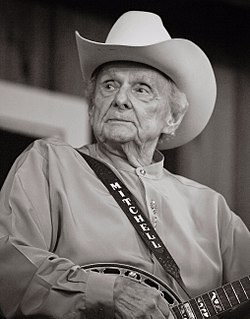A Quote by Rita Marley
Bob was chosen by my record company to help with my vocals, and our relationship developed through the music.
Quote Topics
Related Quotes
That was an idea of the record company, and also that was my first album after MCA and we wanted to come back with a strong album that would be noticed. If we put the vocals by very talented people and very meaningful songs, then the vocals would be a platform so that I could be noticed again. All of the MCA albums were just loaded with problems -- you know, the right musicians, the engineers. The record company would say 'You have to make music for black radio, you can't do what you have been doing with The Crusaders.' Everybody was telling me that was over, finished, done.
But I did mine through a production company. All the music I did, I gave to the production company. Then the production company would give the record company the album. I used to do all my albums like that. It was fantastic. But now, understand, I have never planned to do anything with these other tapes. The one that are released, like the Virgin Ubiquity you have there, I wasn't going to do anything with that music. One day, I was talking to this guy that owns BBE over in England, and I said I've got some tapes and stuff that you might be interested in, and he went berserk.
In the studio you can auto tune vocals, and with drums, you can put them on a grid and make them perfect. I hate that sound. When someone hands me a record and the drums are perfectly gridded and the vocals are perfectly auto tuned, I throw it out the window. I have no interest in rock music being like that.
Despite the fact that Starbucks has grown to be a large company. We've always played music in our stores and has always acted as an opportunity to create a mood in our stores. And customers started asking, "What song are you playing and can I buy that?" . And we said "No." And that was kind of the catalyst for beginning to look at music. We started out with our own compilations and after the success of that. We had the courage to say, "Let's produce our own record." and the first record was with Ray Charles before he unfortunately passed away.
I think for us, we don't feel like the future of music is in the act of being a record company. We feel like the future of the music business is in empowering artists to have better and better tools to communicate with their fans. We want to be people who are saying to artists, "Look, you don't need that company over there to release your album. You can do it this way." Almost more of a band partnership than a label-artist relationship. Not about ownership of content, but about empowerment.
Well, I don't let anyone record with me that is not a fan of mine or believe in my music. Everybody that records for me, from Bob Dylan on down to George Jones, everybody loves me and my music, and I knew they would do their best that they could do, and they did. I didn't doubt them a bit. There's some country people that I wouldn't want, which didn't record with me.
